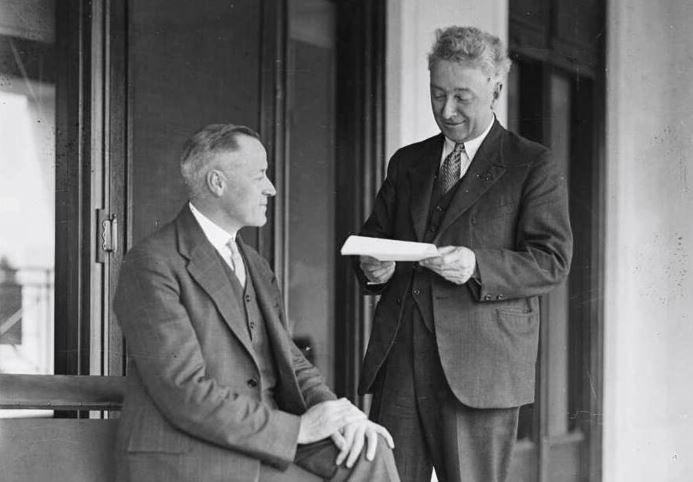Admiral Beez
Major

Britain’s policy of appeasement - The coming of war - WJEC - GCSE History Revision - WJEC - BBC Bitesize
Learn and revise about the coming of war for Unit 1 Depression, War and Recovery WJEC with BBC Bitesize.
Follow along with the video below to see how to install our site as a web app on your home screen.
Note: This feature may not be available in some browsers.
Ad: This forum contains affiliate links to products on Amazon and eBay. More information in Terms and rules

See "Europe first - Wikipedia."
and the "Arcadia Conference - Wikipedia"
There are also many interesting links to be found there.
One of the main drives of Imperial Japan, was to rid Asia of Western colonies (French, British, Dutch, U.S. and to a much lesser extent, Portugal) under the auspices of the "Greater East Asia Co-Prosparity Sphere).A lot of what I could say has already been said and that a lot of it also falls on distance. Could also say Japan was the US's problem to deal with. I think it gets really interesting taking into account how Britain did still held colonies Asia that got attacked and countries like Australia and New Zealand which held strong ties to England at the time. I'd assume part of it fell on by then Britain actually also held resources to fight and good enough supplies, as did the US I believe and we were already at war, it may well have been inevitable Japan would enter due to being allied with Germany and Italy and something to appease them wouldn't have been worth it.
Sorry this is kinda muddled, I haven't fact-checked stuff like when Japan declared war on the allies and I'm just running purely off memory
While people might like to 'beat up' on Chamberlain, one has to also remember that neither Ramsay MacDonald (PM from 5 June 1929 – 7 June 1935) or Stanley Baldwin (PM from 7 June 1935 – 28 May 1937) before him were big advocates of it either. Remember also that Chamberlain only became PM at the end of May 1937 only ~2½yrs before the war started.
Britain’s policy of appeasement - The coming of war - WJEC - GCSE History Revision - WJEC - BBC Bitesize
Learn and revise about the coming of war for Unit 1 Depression, War and Recovery WJEC with BBC Bitesize.www.bbc.co.uk
Britain's policy of appeasement
Definition of appeasement
Neville Chamberlain, the British Prime Minister, was keen to avoid war. He believed this could be achieved through the use of negotiation, agreements and diplomacy. His policy was to appease Hitler, which usually meant giving in to Hitler's territorial demands.
Examples of appeasement
This included Britain not 'getting tough' on Germany when it rearmed and invaded the Rhineland, and its invasion of Czechoslovakia. The most famous example of appeasement is Chamberlain signing the Munich agreement which resulted in Germany taking the Sudetenland from Czechoslovakia. Chamberlain hoped this would be the end of Hitler's demands, although other politicians such as Churchill warned otherwise.
In the case of Baldwin, I believe the following comment from him to Chamberlain in 1938 sums up well some of the thinking: "If you can secure peace, you may be cursed by a lot of hotheads but my word you will be blessed in Europe and by future generations".
Which explains why the Australians were so eager for Britain to recognize Manchukuo. Japan was one of Australia's largest trading partners outside of Britain, and there were increasing economic ties between Australia and Japan.I agree that the answer lies in distance. The Brits weren't threatened directly by Japan except at Singapore.

Had Britain and the Empire appeased Japan by recognizing Manchukuo in 1935, would this have led to Japan to double down on its anti-West expansionist plans, or try to find a different path?
And what is the reaction in Washington to what must seem like an affront equal to Britain not warning the US of its postwar Suez invasion.